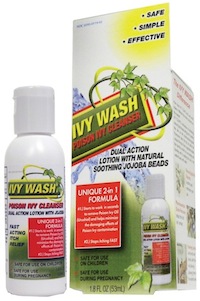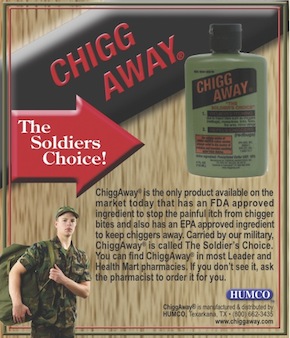DEAR DR. GOTT: With our overall belt-tightening in this down economy and no Social Security increase going on two years now, I have a question many of your readers probably face. Can taking expired medications make you sick or even poison you?
To be more exact, I’m referring to hard-coated prescriptions, not the soft capsule forms that have been stored as directed in a cool, dry place and for which I still have the medical problem they were originally prescribed. I’m talking maybe one or two years past expiration and mostly prescribed for pain relief.
DEAR READER: As a general rule, they will neither make you sick nor will they poison you. Starting in 1979, labeling mandated that expiration dates be included on medication — both over-the-counter and prescription varieties. This requirement only indicates the date a manufacturer guarantees full potency and safety of that medication. It does not indicate how long a drug is either safe or effective.
The FDA conducted one of the largest-known studies for the U.S. military 15 years ago, and it was subsequently reported in the Wall Street Journal in March 2000. The military stored $1 billion worth of drugs for a test program to determine whether it could extend the lifetime of its inventories, which had traditionally been updated every two to three years (at great expense and much effort with disposal). More than 100 drugs were tested, including OTCs and prescription meds. At the end of the test period, almost 90 percent of the drugs were found to be both safe and effective — 15 years after the posted expiration date. As of 2003, the FDA indicated they still did not garner sufficient evidence from the program, but from my perspective, the results speak for themselves. There are a few exceptions, however — nitroglycerin, some liquid antibiotics, tetracyclines and insulin. Generally speaking, drugs degrade slowly, especially pain medication, and with these exceptions, most can be used successfully long after the expiration date.
There are specific recommendations for disposal of any medications you might wish to eliminate from your medicine chest. Check with your local hospital, pharmacy, walk-in health facility or a pharmaceutical company to determine whether they have a takeback program. If not, consider putting the drugs in a plastic bag. Crush them with a kitchen tool such as a meat tenderizer to break them apart. Add used coffee grounds or kitty litter to the bag. Place the contents in a can or container, and dispose of them in the trash — not down the toilet.
Should we consider the expiration process a pharmaceutical manufacturing stroke of genius to get people to update their medications earlier than is necessary? If so, is it all because this means more money in the old corporate pocket? Do their marketing people really feel it is necessary to periodically update the packaging that may have the same ingredients as the old label did? Is there a justifiable reason to clean out the medicine chest on an annual basis and check expiration dates as we do on that quart of milk in the refrigerator? We can all ponder the process over dinner tonight. It will certainly beat watching those commercials regarding constipation and diarrhea that invade dinnertime TV programs.
To provide related information, I am sending you a copy of my Health Report “Consumer Tips on Medicine.” Other readers who would like a copy should send a self-addressed stamped No. 10 envelope and a $2 check or money order made payable to Newsletter and mailed to Newsletter, P.O. Box 167, Wickliffe, OH 44092-0167. Be sure to mention the title or print an order form off my website at www.AskDrGottMD.com.


